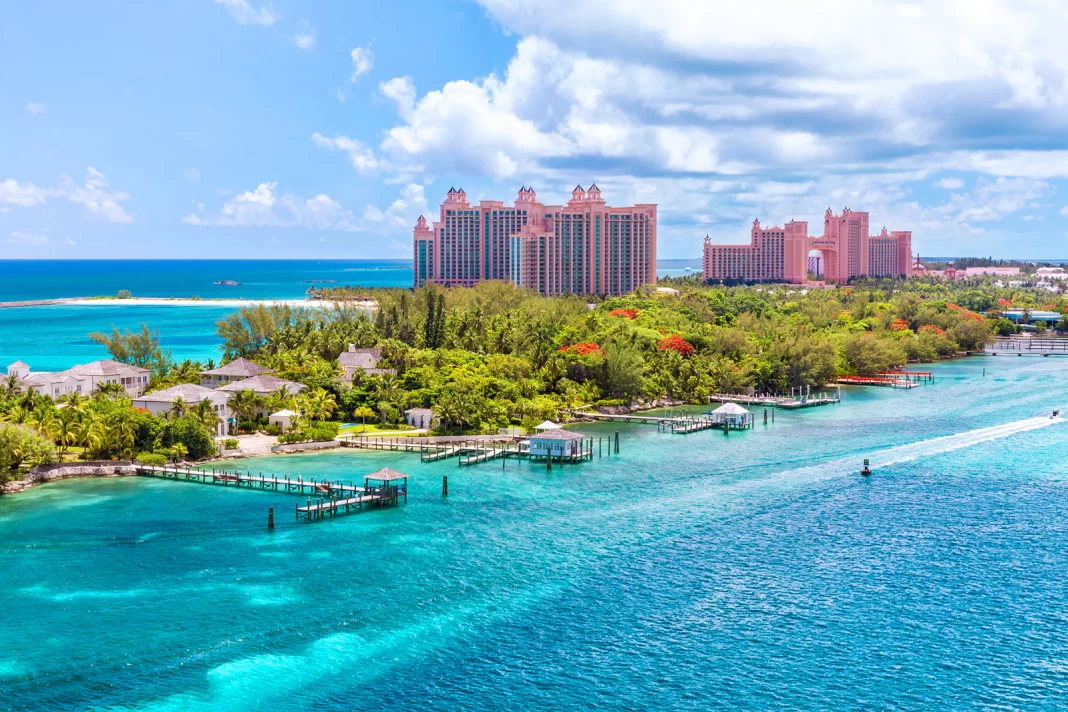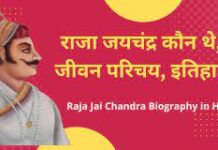People of the Bahamas are islanders through and through. They are a friendly bunch with an intriguing history that includes piracy, colonialism, slavery, and cotton. Several noted landmarks were left behind from the British, but today the islands are very American with a hint of West African/Creole charm.
History
West Indians were here prior to Christopher Columbus’ arrival in 1492. The early folk, known as the Ciboney, were fishermen that were also present in the Gulf region. The arrival of Spanish slave traders saw the natives taken hostage and transported to San Domingo to work the mines.
Later, in the mid-1600’s, the Eleutheran Adventurers from Bermuda settled into the island of Eleuthera, followed by other British colonists, which lead to the claiming of the islands by Britain. Due to the location of the Bahamas, piracy was rife, and they would hide out amid the islands, including the notorious Blackbeard. The Pirates Museum (Nassau) tells all about their struggles and triumphs.
After being held by both the Americans and Spanish, the Bahamas eventually became part of the British Empire in 1787. Several forts hail from this time, including Fort Charlotte, which was built between Cable Beach and Nassau a couple of years later to protect the harbor. Another landmark is the 14th century Cloisters, which was transported from France (via the US, for 40 years) and placed on Paradise Island.
The cotton trade was a principal earner for the Brits, but the industry died off post emancipation of the African slaves (1834) and after a massive cholera epidemic. Along with Bermuda, the Bahamas was used by blockade runners during the American Civil War, as well as during Prohibition by rum-runners.
Independence came in 1973, though the island nation is still a member of the Commonwealth. Tourism is the Bahamas’ main industry today, with the archipelago being especially popular with North Americans escaping the harsh cold winters back home.
Culture
The Bahamas has been thoroughly Americanized owing to the proximity and sheer amount of visitors that vacation here. Expect McDonalds and KFCs in all main towns, and the US dollar being used side by side the Bahamian dollar. For the most part, Bahamians are easy going, polite, and humorous, and they speak an intriguing mix of American/British slang. Dress is casual, although avoid wearing a bikini away from the beach.
Evidence of West African roots and culture is all around in the form of music and dance. Many festivals celebrate this heritage, with parades in town that feature lively singing and dancing, the clanking of steel drums, and the donning of unusually elaborate costumes. The top festival is the end-of-year Junkanoo; an extravaganza that spans into the new year.
The shopping in the Bahamas is average, although there is an abundance of arts and crafts, with conch carvings, straw hats, woven knick-knacks, and art in the main markets.
The locals love to celebrate and have fun and there is always some colorful carnival happening in the Bahamas. The biggest event in the Bahamian calendar is Junkanoo; a street carnival in Nassau that runs from Boxing Day to New Year’s Day. The Bahamas holiday of Independence Day is also worth catching if you’re here in mid-July.
Junkanoo
This fun, cultural event is on par with Carnival in Rio, with lots of costumes and parades in the streets. It takes place in Nassau, on New Providence Island, between Boxing Day and New Year’s Day, with the latter having the best of it. Expect lots of color and noise (Junkanoo music), African customs, and gaudy outfits. There is also a smaller Junkanoo festival in June/July.
Bahamian Music and Heritage Festival
This is one of the most useful events on Exuma Island to partake in if you are here in mid-February and fancy taking in Bahamian culture. There’s plenty of singing by way of local and visiting musicians, along with readings and storytelling, so it is good for kids. There is also the opportunity to pick up Bahamian arts and crafts, including conch shell carvings, and to sample traditional dishes.
Independence Day
The Bahamas celebrates their national day on July 10, when the country was ceded from Great Britain in 1973. The day features all sorts of parties and events countrywide, including beach festivities, parades, and fireworks. All islands get in on the party, with special attention on Nassau and Freeport, as well as the hotels of Paradise Island.
Emancipation Day
Bahamians mark the abolition of slavery in 1834 on August 1. The day is a public holiday across the islands, though events span a whole week. It is best experienced in the former slave village of Fox Hill Village, Nassau, and in Hatchet Bay, Eleuthera Island.
International Beer Festival
Fancy swilling the best of Bahamian and some international beers? The Olde Town Mall in Sandyport (at the western end of Cable Beach, Nassau) has many beers available from the UK, America, and Asia, as well as from the Bahamas. It takes place over a weekend towards the end of September, but the downer is it only runs from 12:00 noon to 6:00 p.m..
Discovery Day
Many countries celebrate the exploits of Christopher Columbus, who discovered the New World. In the Bahamas, he is said to have landed on San Salvador on October 12, 1492; a pretty island to the east of Cat Island. This day is marked on a Friday or Monday in mid-October, and is also referred to as Columbus Day.
Bahamas Film Festival
Movies, documentaries, and animation by Bahamian film producers are shown at Nassau’s Galleria Cinemas during the Bahamas Film Festival. It takes place over a few days in early December and can be a cultural experience featuring educational programs and open and closing galas.
ahamas
Lift up your head to the rising sun, Bahamaland,
March on to glory, your bright banners waving high,
See how the world marks the manner of your bearing;
Pledge to excel thro’ love and unity.
Pressing onward, march together, to a common loftier goal;
Steady sunward tho’ the weather hide the wide and treacherous shoal.
Lift up your head to the rising sun, Bahamaland,
’til the road you’ve trod lead unto your God, March on Bahamaland.







